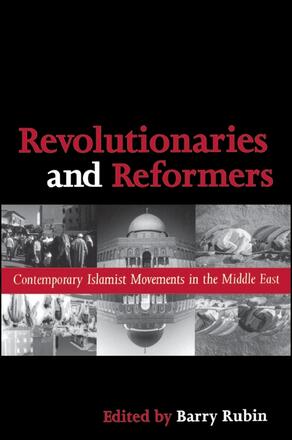
Revolutionaries and Reformers
Contemporary Islamist Movements in the Middle East
Alternative formats available from:
Looks at Islamist movements seeking power today, and the difficult choices they face.
Description
Islamist movements seeking power today are faced with difficult choices regarding strategy, ranging from armed struggle to electoral efforts. An emerging alternative consists of a rethinking of Islamist politics, where the goal of a "totally Islamic" polity would be abandoned in favor of some form of Islamic-oriented society. In this reformulation, Islamist politics would function as a pressure group to make society more Islamic, reinforcing the walls of semi-separate internal communities and reinterpreting Islam in more liberal ways. The September 11, 2001 terror attack on the United States, however, demonstrates that the radical approach remains attractive to many Islamists. Addressing these issues, the contributors look at the countries where Islamist movements have been most important. Case studies of revolutionary and reformist groups are followed by chapters discussing future alternatives for Islamist politics, presenting arguments both advocating and critical of a potential liberal, reformist, interest-group Islamism.
Barry Rubin is Director of the Global Research in International Affairs Center and editor of the Middle East Review of International Affairs Journal. He is the author of many books, including most recently, The Transformation of Palestinian Politics: From Revolution to State-Building, and the editor of many more, including (with Ian S. Lustick) Critical Essays on Israeli Society, Politics, and Culture: Books on Israel, Volume II, also published by SUNY Press.